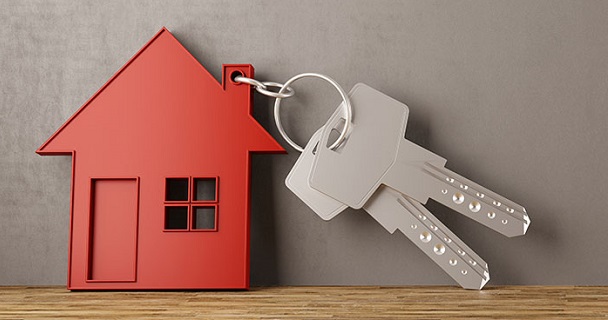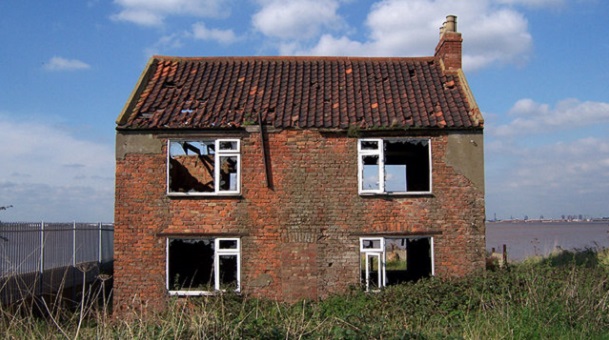
Most people will only buy or sell a property a handful of times during their lifetime, and the conveyancing process can often be very overwhelming to those with a limited experience of the property market.
Whether you are buying or selling a property, it is essential that you correctly understand what the conveyancing process is, how it works and what is involved. Conveyancing involves the legal transfer of a property ownership from the seller to the buyer, and the process begins as soon as an offer is accepted.
The conveyancing process is usually handled by a solicitor or a conveyancer, although it is important to understand how it all works yourself. This guide explains what is involved in the conveyancing process and some helpful tips to know along the way.
Finding and instructing a conveyancer
The first thing you will need to do is choose a solicitor or conveyancer to handle the property transaction on your behalf. Once you have found yourself a conveyancer or solicitor, you must instruct them to carry out the process of transferring legal ownership from the property seller to the buyer.
Usually, the estate agent selling the home will exchange details of both solicitors or conveyancers, and then the seller’s conveyancer will send over a contract pack. This will include all the information about the property and exactly what is included in the sale, such as carpets, furnishings and fixings.
While your conveyancer will handle all the paperwork on your behalf, you should go through this contract pack carefully and ask any questions or raise any concerns you might have.
Enquiries and searches
At this stage, you and your solicitor or conveyancer can raise any enquiries there might be regarding the paperwork or property itself. There are a few searches that are required to be taken out by your conveyancer, such as a Local Authority Search. These searches are necessary for checking there are no additional factors you should be aware of.
Some of these searches and mandatory, but there might also be others that your solicitor might recommend, or your mortgage lender ask for. These searches will provide you with information such as the boundaries of the property, rights of way and any planning constraints or permissions.
Depending on the location and property type there might be other non-routine searches required for the sale to go through. Your solicitor or conveyancer will inform you of any required searches and arrange these on your behalf.
Setting a completion date
Your conveyancer or solicitor will thoroughly evaluate your mortgage offer, contract pack and search results and any issues will be discussed with you. This could include issues such as the council planning major building works near the property or someone else having a right of way over the land.
Once you have received all the relevant information and are happy with all the paperwork and property condition, you can then arrange your competition date. Usually, you will discuss a suggested completion date with your solicitor or conveyancer, and they will then negotiate a final date with the seller’s legal team. The seller’s solicitor will be notified that you want to progress with the contract exchange and your deposit will need to be sent to them.
If the property you are buying is a leasehold, then all the details of the lease should also be provided before a completion date is agreed.
Exchanging Contracts
Once a completion date has been agreed by both the buyer and seller, the solicitor or conveyancer will put together a completion statement, transfer deed and mortgage deed. You will need to agree and sign all of these documents, and they will outline what you will need to pay for completion.
Before contracts are exchanged and signed, your conveyancer should make sure that every enquiry has been returned and are satisfactory, all fixtures and fittings included with the property are as expected, and that you have made arrangements for the deposit to be transferred in time to be cleared on exchange.
At this stage, your conveyancer will also arrange a final search which is to ensure that no changes have been made to the land registrar since the initial searches were carried out. The signed deeds and contracts will be sent to the seller’s legal team.
As soon as the contracts are exchanged, you are legally committed to buying the property, and you will no longer be able to pull out or change your mind.
Completion
Your completion day is when the sale is finalised, and the property is legally transferred to you. The solicitor or conveyancer will pay the balance of the property’s sale price, minus the deposit, and you will receive the signed transfer deed. The balance of the sale will be requested from your mortgage lender, and they will handle all the final paperwork.
Within 30 days of completing the purchase your conveyancer will arrange for stamp duty to be paid to the Revenue and Customs and will also send your documents to HM Land Registry to legally register you as the property owner.



